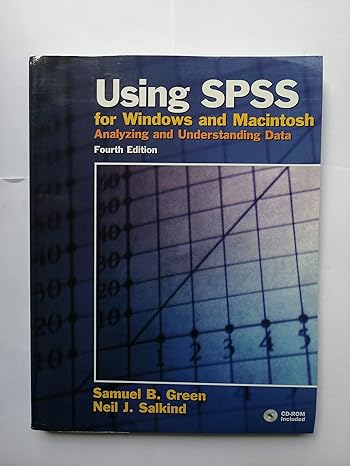Go back


The Law Of Mass Action(1st Edition)
Authors:
Andrei B. Koudriavtsev, Reginald F. Jameson, Wolfgang Linert

Cover Type:Hardcover
Condition:Used
In Stock
Shipment time
Expected shipping within 2 DaysPopular items with books
Access to 30 Million+ solutions
Free ✝
Ask 50 Questions from expert
AI-Powered Answers
✝ 7 days-trial
Total Price:
$0
List Price: $52.99
Savings: $52.99(100%)
Solution Manual Includes
Access to 30 Million+ solutions
Ask 50 Questions from expert
AI-Powered Answers
24/7 Tutor Help
Detailed solutions for The Law Of Mass Action
Price:
$9.99
/month
Book details
ISBN: 3642624944, 978-3642624940
Book publisher: Springer
Get your hands on the best-selling book The Law Of Mass Action 1st Edition for free. Feed your curiosity and let your imagination soar with the best stories coming out to you without hefty price tags. Browse SolutionInn to discover a treasure trove of fiction and non-fiction books where every page leads the reader to an undiscovered world. Start your literary adventure right away and also enjoy free shipping of these complimentary books to your door.
Book Summary: 'Why are atoms so small?' asks 'naive physicist' in Erwin Schrodinger's book 'What is Life? The Physical Aspect of the Living Cell'. 'The question is wrong' answers the author, 'the actual problem is why we are built of such an enormous number of these particles'. The idea that everything is built of atoms is quite an old one. It seems that l Democritus himself borrowed it from some obscure Phoenician source . The arguments for the existence of small indivisible units of matter were quite simple. 2 According to Lucretius observable matter would disappear by 'wear and tear' (the world exists for a sufficiently long, if not infinitely long time) unless there are some units which cannot be further split into parts. th However, in the middle of the 19 century any reference to the atomic structure of matter was considered among European physicists as a sign of extremely bad taste and provinciality. The hypothesis of the ancient Greeks (for Lucretius had translated Epicurean philosophy into Latin hexameters) was at that time seen as bringing nothing positive to exact science. The properties of gaseous, liquid and solid bodies, as well as the behaviour of heat and energy, were successfully described by the rapidly developing science of thermodynamics.
Customers also bought these books
Frequently Bought Together
Top Reviews for Books
Wanda Li
( 4 )
"Delivery was considerably fast, and the book I received was in a good condition."










